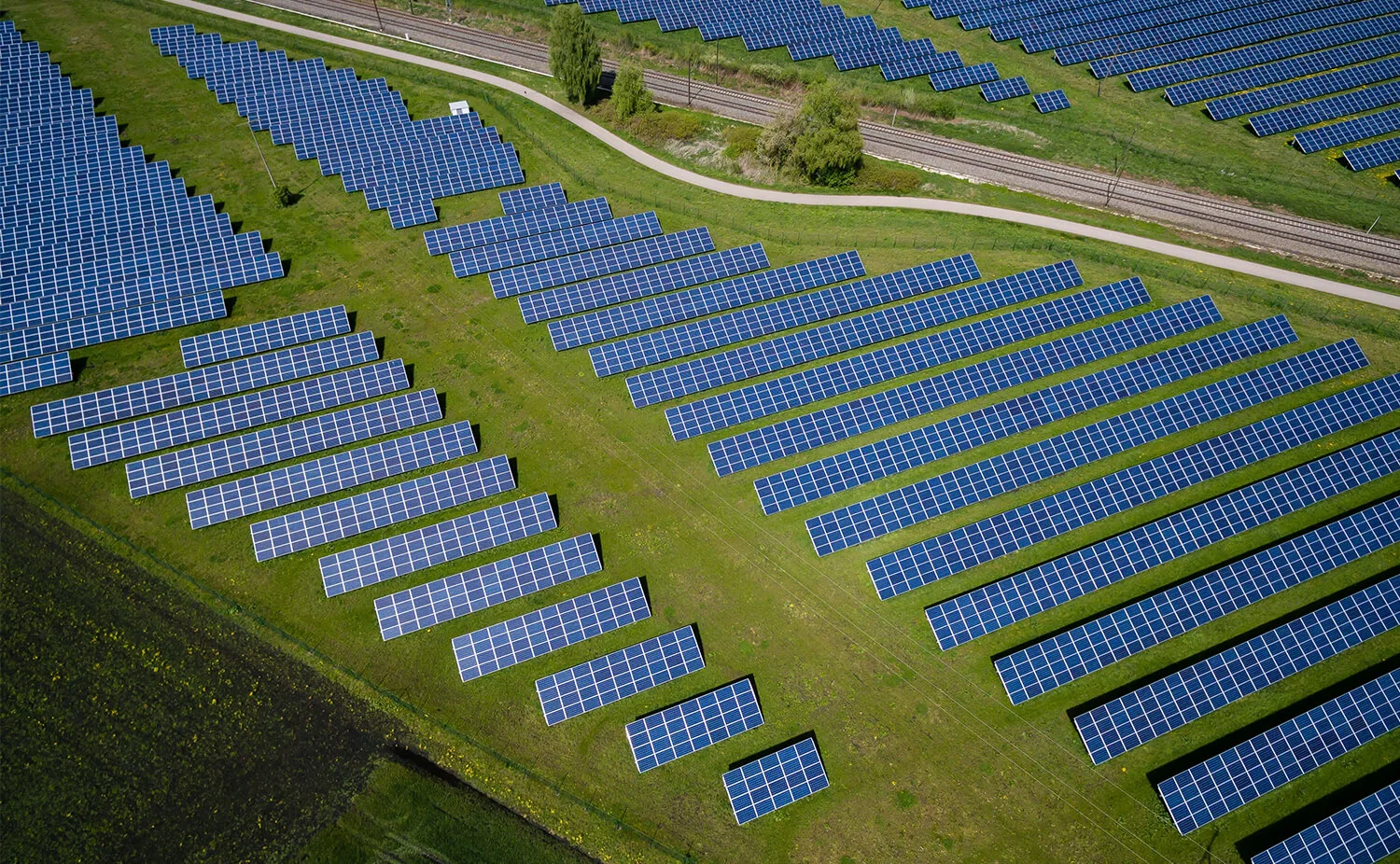According to the International Energy Agency (IEA) renewable energy capacity is due to increase by 12% in 2019, the fastest increase since 2015. This represents an increase of almost 200GW.
The growth is mainly down to solar, due to grow by 17%, and wind. Onshore wind growth is expected to rise 15% to 53GW, while offshore wind is due to grow 5GW in 2019, being led by Europe and China.
Despite a slight decline in the worlds largest market China, the IEA estimated that global PV capacity additions will increase to almost 115GW.
2019 is set to be the first year that solar additions will surpass 100GW and it will also be the third year in a row that solar accounts for more than half of global renewable increases.
Executive Director of the IEA, Fatih Birol said: “These latest numbers give us many reasons to celebrate: renewable electricity additions are now growing at their fastest pace in four years after a disappointing 2018.
“We are witnessing a drastic decline in the cost of solar power together with strong growth in onshore wind. And offshore wind is showing encouraging signs.
“These technologies are the mainstays of the world’s efforts to tackle climate change, reduce air pollution and provide energy access to all.
“The stark difference between this year’s trend and last year’s demonstrates the critical ability of government policies to change the trajectory we are on.”
Heat Pumps Contributing to Renewables Growth
The latest industry analysis has shown that the heat pump market is growing and it in fact grew by over 20% in 2018 compared to 2017.
The growth in renewable energy capacity will undoubtedly result in a drop in cost for renewable electricity. In fact, the price for power from renewable schemes has fallen by 30% since 2017, to as low as £39.65 per megawatt hour. This means, that for the first time, renewables are expected to come online below market prices, without additional subsidy on bills. Further reading on this can be seen here.
This means that heat pumps can be made even more cost effective to run, and more environmentally friendly, when running on electricity generated through renewable energy source.

